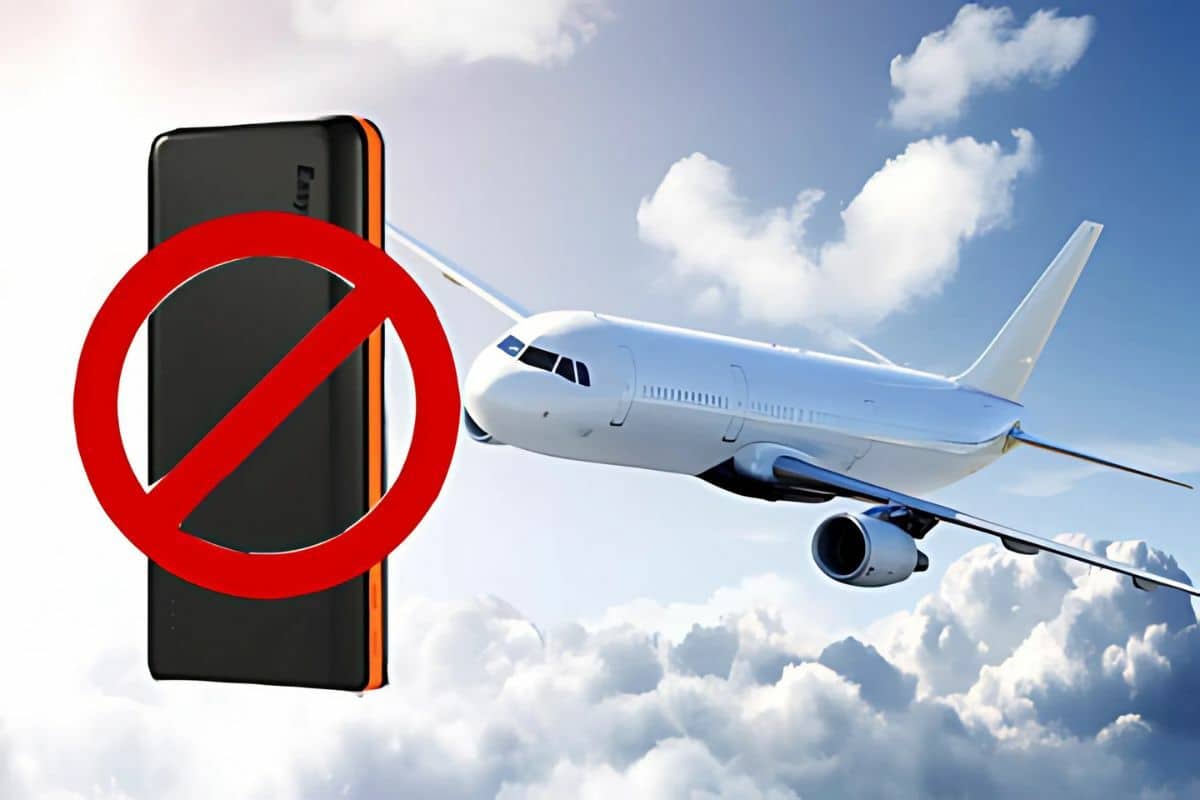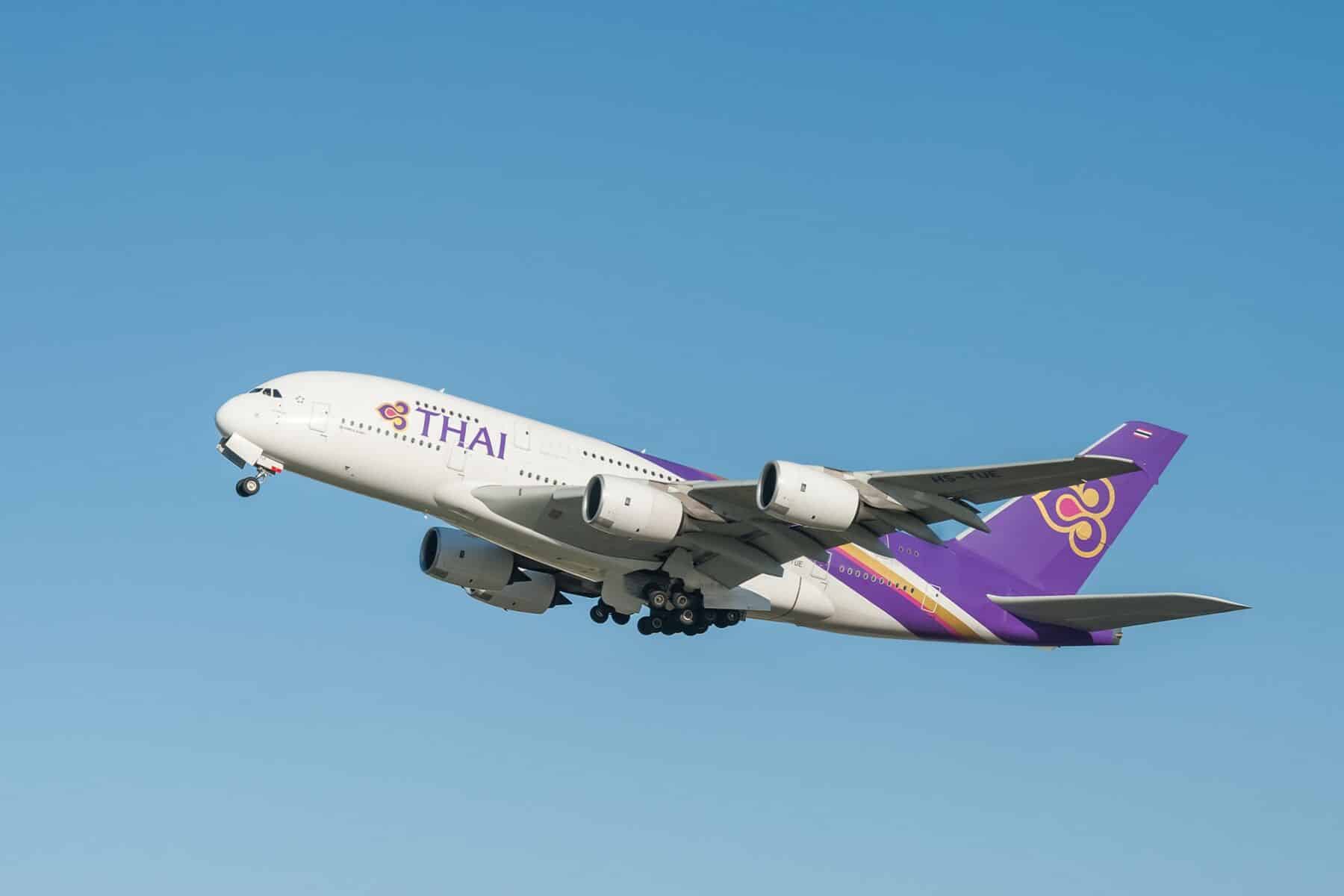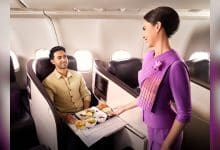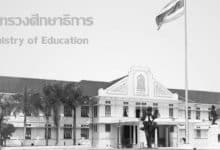Thai Airways bans power banks on flights after explosive fire risk

Airlines worldwide, including Thai Airways, are banning the use and charging of power banks on flights from March 1, following a shocking fire incident aboard a Korean Air Busan flight.
The explosion, caused by a faulty power bank, raised serious safety concerns, leading South Korean airlines and other inter6national carriers to tighten regulations to prevent similar disasters.
The ban applies to all South Korean airlines, including Korean Air, Asiana Airlines, Jeju Air, Jin Air, Air Busan, Air Seoul, T’way Air, Air Premia, and Eastar Jet. Passengers can still carry power banks in their hand luggage, but charging or using them mid-flight is strictly prohibited.
Power banks contain lithium-ion batteries, which pose a serious fire risk if overheated, damaged, or used improperly.
Several factors increase the danger, including air pressure changes that can trigger thermal reactions in the battery, unstable charging that may cause short circuits and overheating, and incorrect storage where power banks crammed in overstuffed bags or exposed to impact can crack, short-circuit, and catch fire.
According to IATA (International Air Transport Association) guidelines, passengers must follow these power bank restrictions. Those under 20,000mAh (100Wh) are allowed in carry-on luggage with no limit on quantity.
Power banks between 20,000 and 32,000mAh (100-160Wh) are limited to two per passenger. Any power bank exceeding 32,000mAh (160Wh) is strictly prohibited. Power banks cannot be checked in under any circumstances.

South Korean airlines have implemented stricter regulations, allowing passengers to carry up to five power banks under 100Wh, while those carrying between 100-160Wh must obtain airline approval.
Power banks over 160Wh are strictly banned unless they are part of an approved medical device. Power banks cannot be stored in overhead compartments and must be kept with the passenger at all times.
Several airlines have introduced similar policies. EVA Air and China Airlines have banned charging and use of power banks during flights. STARLUX Airlines has enforced a power bank ban since 2018.
Tigerair Taiwan does not allow passengers to charge power banks on board. In Australia, Virgin Australia requires power banks to be in carry-on baggage while Qantas allows non-lithium power banks to be checked in, but lithium-based ones must be carried on board.
Thai Airways allows power banks in hand luggage but prohibits their use or charging during flights, reported Vacay Asia.
With airlines worldwide adopting stricter regulations, passengers are urged to check airline policies before flying to avoid delays or confiscation. As the risk of exploding batteries remains a major concern, authorities are enforcing these measures to keep passengers and aircraft safe.
Latest Thailand News
Follow The Thaiger on Google News:


























